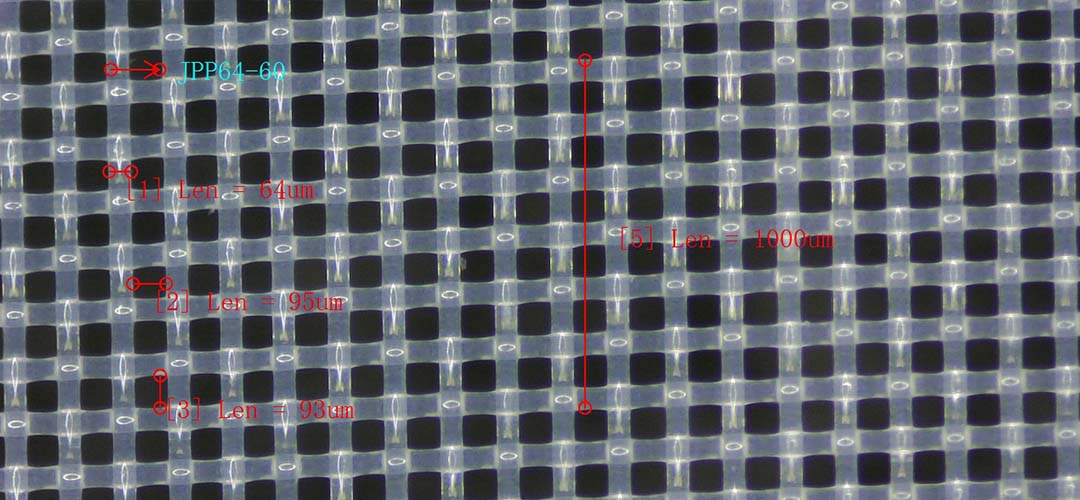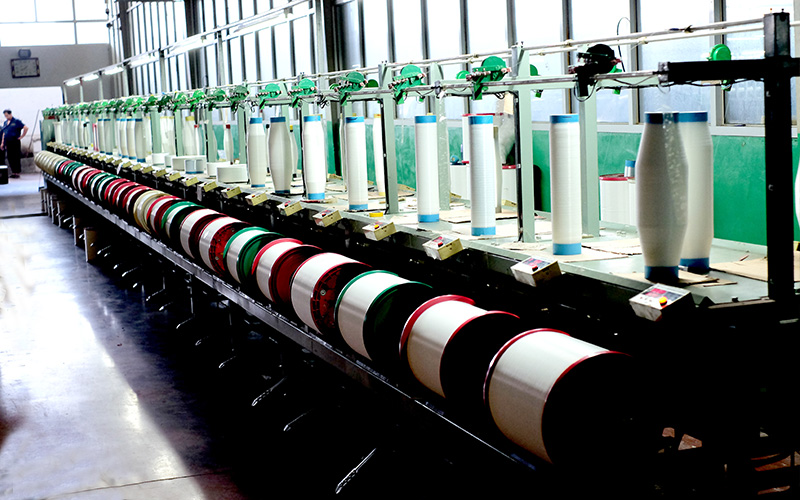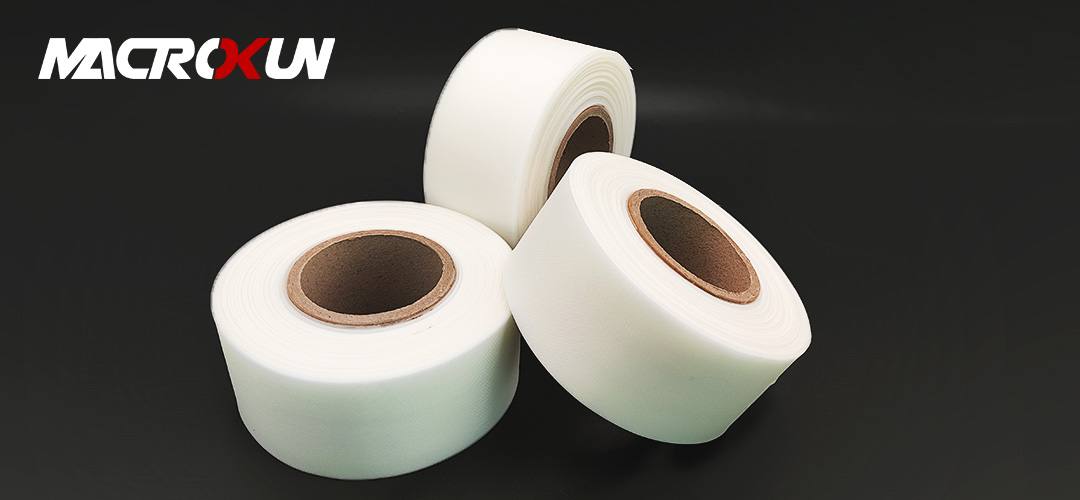Nylon mesh is a versatile material that is commonly used in a wide range of applications, from industrial filtration to screen printing. Its durability, flexibility, and resistance to chemicals make it an ideal choice for many different projects. In this article, we will explore the benefits of using nylon mesh in various applications and provide a comprehensive guide to help you choose the right type of nylon mesh for your specific project.
One of the key benefits of using nylon mesh is its strength and durability. Nylon is a synthetic material that is known for its high tensile strength, which makes it resistant to tearing and stretching. This makes nylon mesh an excellent choice for applications where the material will be subjected to high levels of stress or wear and tear. Whether you are using nylon mesh for industrial filtration, screen printing, or any other application, you can trust that it will hold up well over time.
Another advantage of nylon mesh is its flexibility. Nylon is a highly flexible material that can be easily manipulated into different shapes and sizes. This makes it easy to customize nylon mesh to fit the specific requirements of your project. Whether you need a fine mesh for precise filtration or a larger mesh for screen printing, nylon can be easily tailored to meet your needs.
In addition to its strength and flexibility, nylon mesh is also resistant to chemicals. This makes it an ideal choice for applications where the material will be exposed to harsh chemicals or solvents. Nylon mesh will not degrade or break down when exposed to these substances, ensuring that it will continue to perform well over time.
Nylon mesh is also lightweight, which makes it easy to work with and transport. This can be especially beneficial for projects that require the material to be moved or manipulated frequently. Despite its lightweight nature, nylon mesh is still incredibly strong and durable, making it a reliable choice for a wide range of applications.
When choosing the right type of nylon mesh for your project, there are a few key factors to consider. The first factor to consider is the mesh size. Nylon mesh is available in a variety of different mesh sizes, ranging from fine to coarse. The mesh size you choose will depend on the specific requirements of your project. For example, if you are using nylon mesh for filtration, you may need a finer mesh to capture smaller particles. On the other hand, if you are using nylon mesh for screen printing, you may need a larger mesh to allow for more ink flow.
Another factor to consider when choosing nylon mesh is the mesh count. The mesh count refers to the number of threads per inch in the mesh. A higher mesh count will result in a finer mesh, while a lower mesh count will result in a coarser mesh. The mesh count you choose will depend on the level of detail required for your project. For example, if you are using nylon mesh for fine art screen printing, you may need a higher mesh count to achieve crisp, detailed prints.
In conclusion, nylon mesh is a versatile and durable material that is well-suited for a wide range of applications. Its strength, flexibility, resistance to chemicals, and lightweight nature make it an ideal choice for projects that require a reliable and long-lasting material. By considering factors such as mesh size and mesh count, you can choose the right type of nylon mesh for your specific project and ensure its success.
When it comes to selecting the right nylon mesh for your project, there are several factors to consider in order to ensure that you choose the best option for your specific needs. Nylon mesh is a versatile material that is commonly used in a wide range of applications, including filtration, screen printing, and industrial processes. By taking the time to carefully consider these factors, you can make an informed decision that will help you achieve the best results for your project.
One of the first factors to consider when selecting nylon mesh is the mesh size. Mesh size refers to the number of openings per inch in the mesh material, and it plays a crucial role in determining the level of filtration or separation that the mesh can provide. In general, a higher mesh count will result in a finer mesh that is capable of capturing smaller particles, while a lower mesh count will have larger openings that allow for greater flow rates. Consider the size of the particles or materials that you need to filter or separate, and choose a mesh size that is appropriate for your specific application.
Another important factor to consider is the mesh weave. Nylon mesh is available in a variety of weave patterns, including plain weave, twill weave, and Dutch weave. Each weave pattern offers different characteristics in terms of strength, flexibility, and filtration efficiency. For example, a plain weave is a simple over-under pattern that provides a balance of strength and filtration, while a twill weave offers increased strength and stability. Dutch weave, on the other hand, has a tighter weave that is ideal for applications that require precise filtration.
In addition to mesh size and weave, it is also important to consider the diameter of the nylon filaments used in the mesh material. The diameter of the filaments will impact the overall strength and durability of the mesh, as well as its ability to withstand high temperatures and chemical exposure. Thicker filaments are generally more durable and resistant to abrasion, making them suitable for heavy-duty applications, while thinner filaments are more flexible and lightweight, making them ideal for applications that require a high level of precision.
When selecting nylon mesh for your project, it is also important to consider the type of finish applied to the mesh material. A finish can help to improve the performance of the mesh by enhancing its resistance to abrasion, chemicals, and UV exposure. Common finishes for nylon mesh include heat setting, calendaring, and coating. Heat setting involves subjecting the mesh material to high temperatures to improve its dimensional stability and reduce shrinkage. Calendaring involves passing the mesh material through rollers to flatten and smooth the surface. Coating involves applying a layer of material to the mesh surface to enhance its properties, such as water repellency or chemical resistance.
In conclusion, choosing the right nylon mesh for your project requires careful consideration of several factors, including mesh size, weave pattern, filament diameter, and finish. By taking the time to evaluate these factors and select a mesh material that is well-suited to your specific needs, you can ensure that your project is successful and that you achieve the desired results. Whether you are looking for a mesh material for filtration, screen printing, or industrial processes, there is a wide range of nylon mesh options available to meet your requirements.
When it comes to selecting the right nylon mesh for your project, it’s important to understand the different types of nylon mesh available in the market. Each type has its own unique characteristics and properties that make it suitable for specific applications. By familiarizing yourself with the various options, you can make an informed decision that meets your project requirements.

One of the most common types of nylon mesh is monofilament nylon mesh. This type of mesh is made from a single strand of nylon, which results in a smooth and uniform surface. Monofilament nylon mesh is known for its high strength and durability, making it ideal for applications that require a strong and long-lasting material. It is commonly used in filtration, screen printing, and industrial applications where a fine mesh is needed.

Another type of nylon mesh is multifilament nylon mesh. Unlike monofilament nylon mesh, multifilament nylon mesh is made from multiple strands of nylon twisted together. This results in a more flexible and pliable material that is suitable for applications that require a softer touch. Multifilament nylon mesh is often used in medical, apparel, and textile applications where a softer and more flexible material is needed.
In addition to monofilament and multifilament nylon mesh, there is also nylon mesh with different mesh sizes and weave patterns. Mesh size refers to the number of openings per linear inch in the mesh, while weave pattern refers to the way the strands of nylon are woven together. By choosing the right mesh size and weave pattern, you can achieve the desired level of filtration, airflow, or visibility for your project.
When selecting the right nylon mesh for your project, it’s important to consider the specific requirements of your application. For example, if you need a fine mesh for filtration, a monofilament nylon mesh with a small mesh size would be ideal. On the other hand, if you need a more flexible material for apparel or textile applications, a multifilament nylon mesh with a larger mesh size may be more suitable.
It’s also important to consider the environmental conditions that the nylon mesh will be exposed to. Some nylon meshes are treated with UV inhibitors or chemical coatings to enhance their durability and resistance to harsh conditions. By choosing a nylon mesh that is designed to withstand the specific environmental factors of your project, you can ensure that it will perform optimally and have a longer lifespan.
In conclusion, there are various types of nylon mesh available in the market, each with its own unique characteristics and properties. By understanding the different options and considering the specific requirements of your project, you can choose the right nylon mesh that meets your needs. Whether you need a strong and durable material for industrial applications or a soft and flexible material for apparel, there is a nylon mesh that is perfect for your project.
When it comes to choosing the right nylon mesh for your project, there are several factors to consider. From the type of material to the size of the mesh, each decision can have a significant impact on the success of your project. In this comprehensive guide, we will explore some tips for proper maintenance and care of nylon mesh products to ensure they remain in top condition for as long as possible.
One of the most important things to consider when caring for nylon mesh products is proper cleaning and maintenance. Nylon mesh can easily become clogged with dirt, debris, and other contaminants, which can affect its performance and longevity. To prevent this from happening, it is essential to regularly clean your nylon mesh products using a mild detergent and warm water. Avoid using harsh chemicals or abrasive cleaners, as these can damage the material and reduce its effectiveness.
In addition to regular cleaning, it is also important to store your nylon mesh products properly when not in use. Storing them in a cool, dry place away from direct sunlight and extreme temperatures can help prevent damage and prolong their lifespan. It is also a good idea to store them in a protective case or bag to prevent them from becoming tangled or damaged during storage.
Another important aspect of caring for nylon mesh products is to inspect them regularly for signs of wear and tear. Check for any holes, tears, or fraying along the edges of the mesh, as these can compromise its integrity and effectiveness. If you notice any damage, it is important to repair or replace the mesh as soon as possible to prevent further issues.
When it comes to washing nylon mesh products, it is best to hand wash them in cold water with a mild detergent. Avoid using hot water or putting them in the washing machine, as this can cause the material to shrink or become misshapen. After washing, gently squeeze out any excess water and allow the mesh to air dry completely before storing or using it again.

In addition to proper cleaning and maintenance, it is also important to use nylon mesh products for their intended purpose. Using them for tasks or projects that they were not designed for can cause unnecessary wear and tear, reducing their effectiveness and lifespan. Be sure to follow the manufacturer’s guidelines for proper use and care of your nylon mesh products to ensure they remain in top condition.
By following these tips for proper maintenance and care of nylon mesh products, you can help ensure that they remain in top condition for as long as possible. Regular cleaning, proper storage, and inspection for damage are all essential steps in prolonging the lifespan of your nylon mesh products. By taking care of your nylon mesh products, you can enjoy their benefits for years to come.
Pre: The Science Behind Nylon Filter Mesh: High Precision Filtration
Next: Exploring the Durability and Flexibility of Nylon Netting Products

MACROKUN has established long-term and stable cooperative relations with many transportation companies such as China Post, DHL, FEDEX, USPS, UPS, etc. Of course, MACROKUN can also provide air and sea transportation. The powerful logistics system enables all MACROKUN'S Printing Mesh, Filter Mesh and Filter Bags and so on to be easily and efficiently transported to any place. For quotes and inquiries, please email our sales team.





